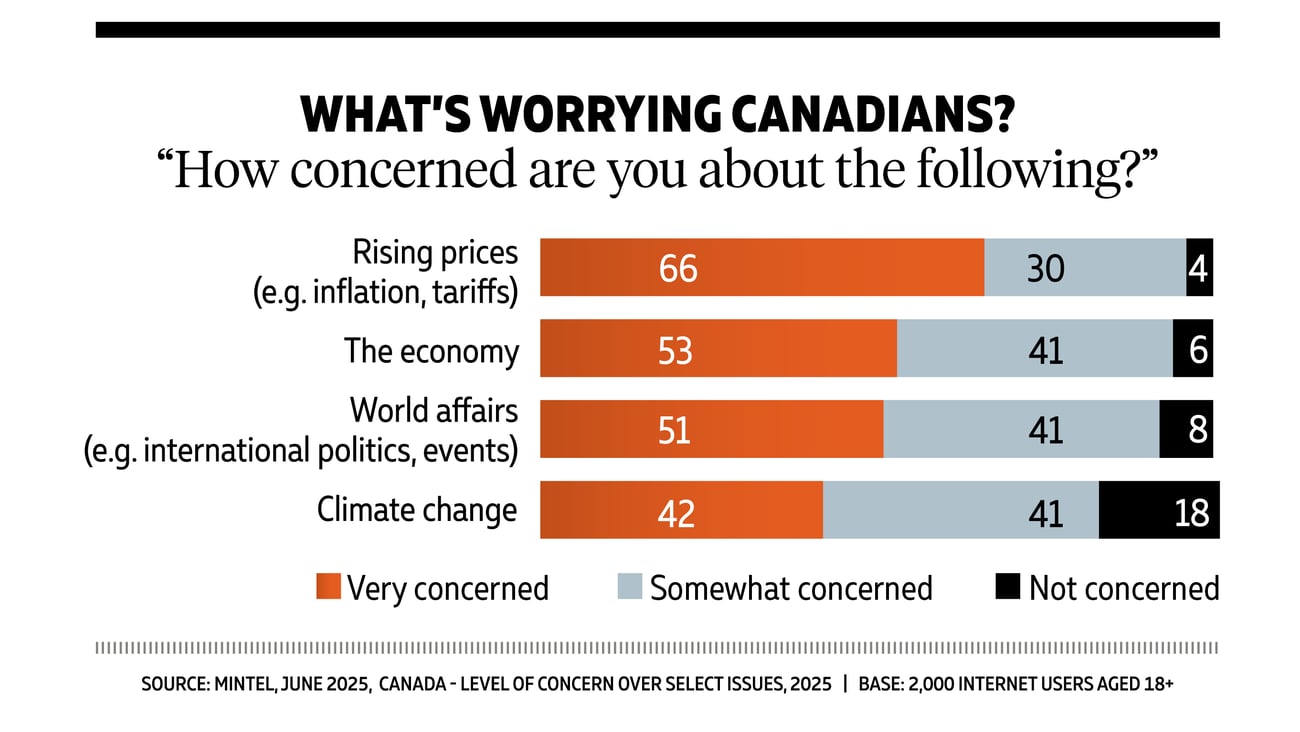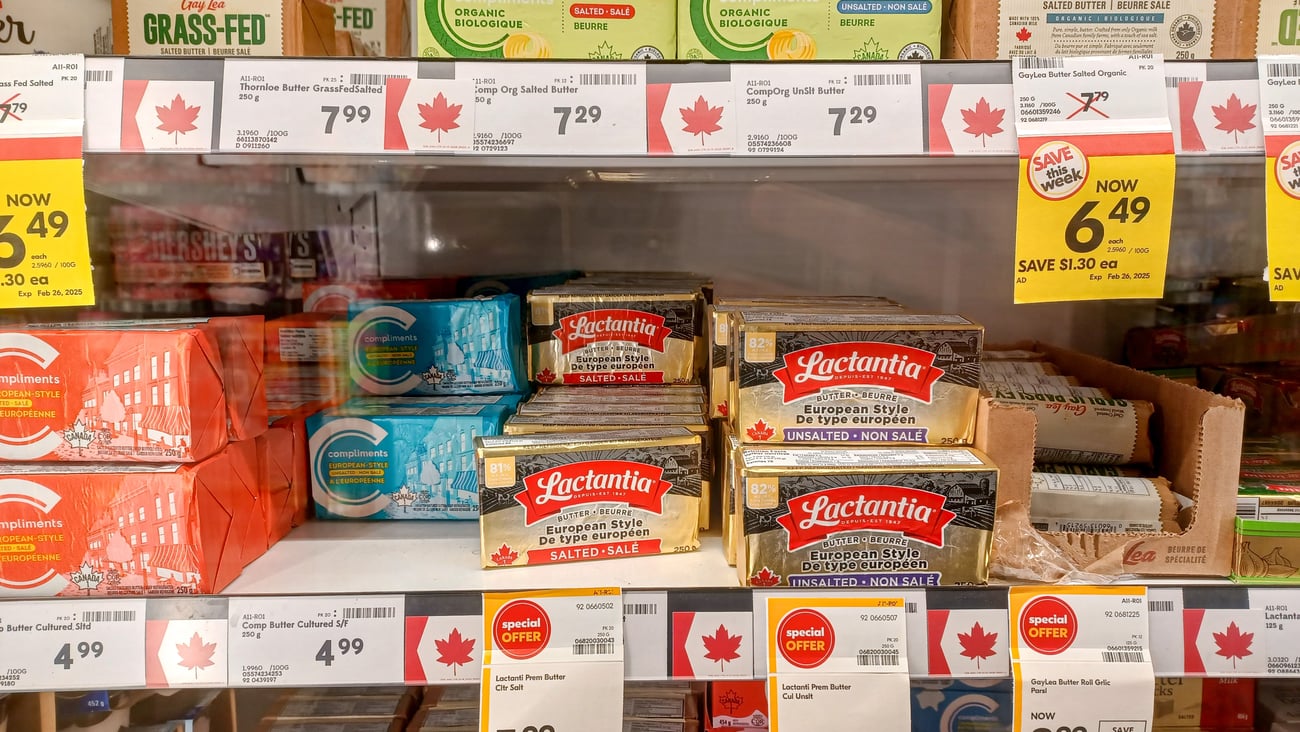What brands stand for matters more than ever
While COVID-19 dominated the headlines in 2020, and thus far in 2021, the pandemic has not been the only narrative. The issue of racial injustice in the United States bubbled up to the surface, with the deaths of George Floyd, Breonna Taylor and Ahmaud Arbery in the spring/summer of 2020 being the sparks that ignited a wave of protests. Looking abroad, the wildfires that raged in Australia early in 2020, along with other climate events put an exclamation point on the importance of climate change. These are just a couple of the issues in what has been described as a “year from hell.” Given the seriousness and extent of such challenges, it might seem trite to think of brands as being a vehicle for positive change, but Mintel’s research shows they can play a role—and this is highlighted by the fact three in five Canadians say it’s important that a company’s values match their own.
Individuals are, in a sense, relatively powerless to bring about positive change, but in aligning with something bigger than themselves, they hold sway. This applies to both name and store brands through the values they promote and the vision they offer.
Mintel’s Canadian report, The Ethical Consumer, offers guidance on what matters to shoppers when it comes to ethics and values. Feedback shows Canadians prioritize the environment, general honesty and paying employees a living wage as their top areas of concern. In terms of claims that matter, “made in Canada,” “locally made,” “made from natural ingredients,” “not tested on animals” and “sustainably made” top the list. Finally, the report also shows the majority (71%) of Canadians agree that brands can change society for the better.
Having a set of standards that account for these considerations and embedding them into brand strategies—be it around responsible or local sourcing, the treatment of animals or sustainability—will continue to evolve from being a “nice to do” to a “need to do.”
Finally, prioritizing ethics also makes good business sense, with nearly half of Canadians surveyed indicating the reputation of a company, when it comes to ethics, impacts their purchase decisions often or all of the time. Focusing on ethical practices is also a good investment in the future, with younger adults being more likely to identify ethics as being a factor for them when deciding what they buy.
While the events of 2020 put a spotlight on ethics in terms of how workers are treated as well as in other areas, its importance was building prior to COVID-19’s onset. Feedback shows it’s becoming increasingly important for brands to have clear positions on social and environmental issues, and how they convey them to be a force for good.




